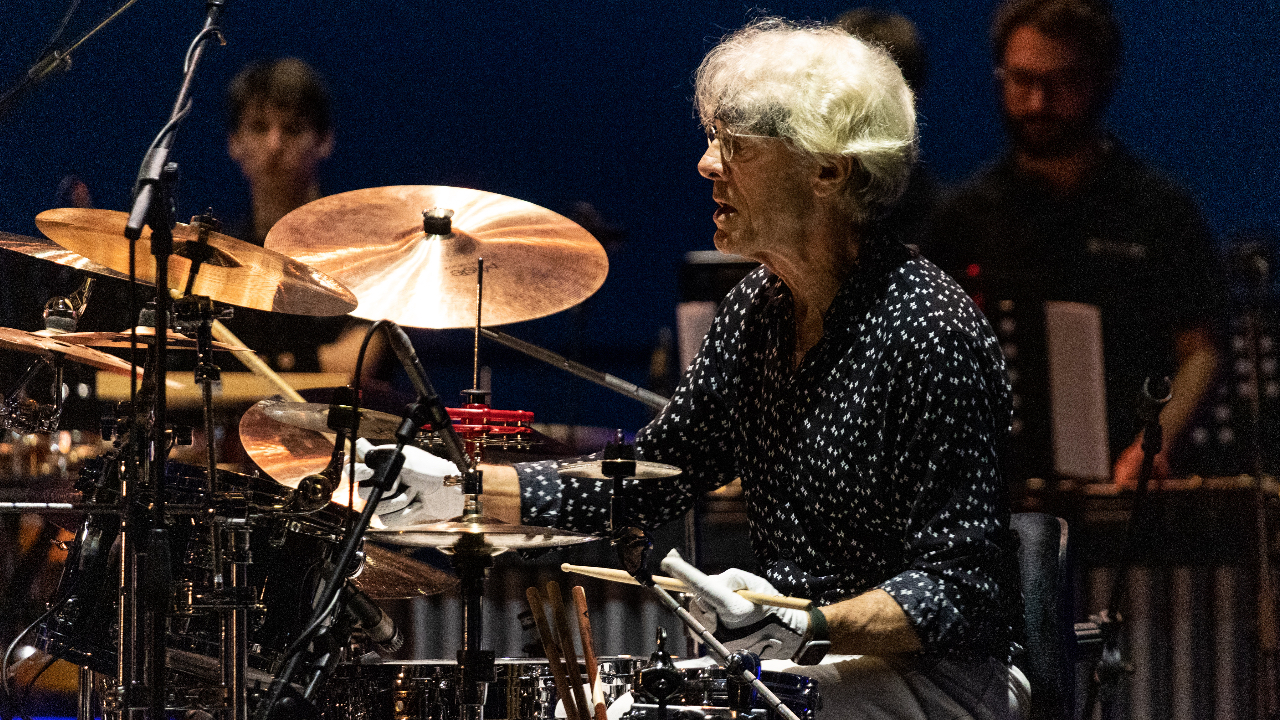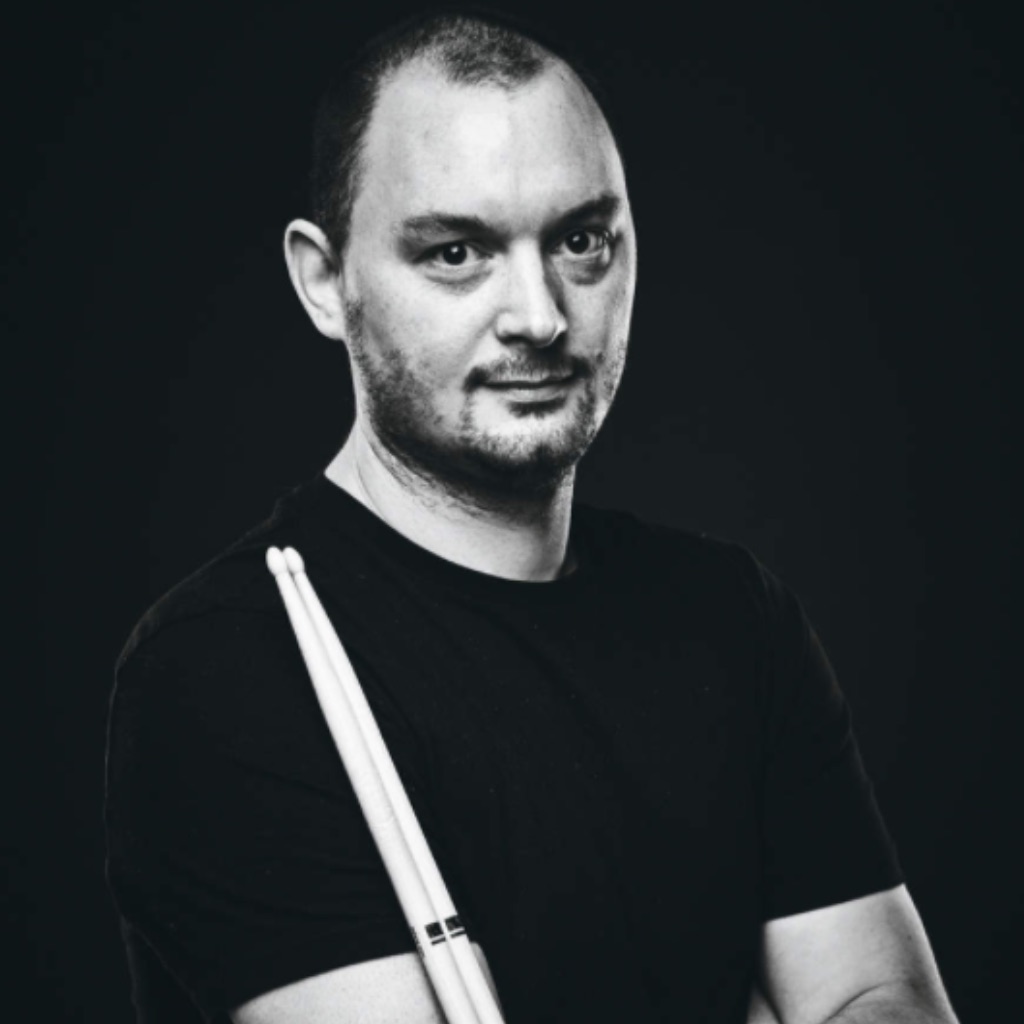Stewart Copeland names Joey Jordison as one of the best drummers he’s ever seen play live, shares his opinion on Ringo Starr
The Police drummer also chooses his most difficult Police song, offers tuning advice and explains why he plays traditional grip

The Police’s Stewart Copeland has re-issued a deluxe edition of his debut solo album, Klark Kent, an in promotion recently sat down Wired to take part in its regular ‘Tech Support’ interview, where subjects respond to questions from social media.
In doing so, Copeland took the time to explain multiple areas of his drumming style, including why he plays using traditional grip. He also picks the most difficult Police song to play on drums (Spirits in the Material World), as well as naming some of his favourite reggae drumming moments (Lively Up Yourself by Bob Marley and The Wailers, and The Israelites by Desmond Decker).
However, one Twitter (X) user asked Copeland to name the best drummer he’d ever seen live. Without hesitation, Copeland went straight for Buddy Rich — who he’d also name-checked via Rich’s ‘Sister Sadie’ for his response to the most difficult piece of drumming ever — with Mitch Mitchell a close second.
However, Copeland elaborated on the answer by giving a nod to the more modern end of metal, picking Joey Jordison as a phenom of the kit.
Now, on the younger end of it” he says, “I would say Joey Jordison, sadly departed with Slipknot. That little bastard had chops! You know, kids these days, they start out where we left off. It’s like the Olympics where every year they can jump a little higher, run a little faster.
“How is that possible? Has the human species evolved in one year? I don’t know, but Joey Jordison [was] doing things with his feet that I aspire to with my hands.”
He goes on to offer tips on tuning the kit, saying that his higher tension on the heads is key to being heard in a busy mix.
Get the MusicRadar Newsletter
Want all the hottest music and gear news, reviews, deals, features and more, direct to your inbox? Sign up here.
“I tend to go by tuning them up. A little word of advice for bands is when you’re doing your soundcheck and [the toms] sound huge by themselves, but as soon as the band kicks in they disappear…
“By tuning them higher, they may sound a little rinky-dinky without the rest of the band, but as soon as the other music fills in, they cut through.”
Elsewhere, Copeland was asked "Was Ringo any good", to which he went into detail as to why Ringo's groove and inventive approach to orchestration behind the kit absolutely meant he was one of the all-time greats.
He offered the three versions of The Beatles Love Me Do as a reference for how important Ringo's feel was to the overall sound of the band, adding that he feels the Pete Best version, "Ain't The Beatles", and Andy White's take removes the song's personality. "As you listen, you realise that the charisma isn't on the drum set anymore. That's just some session guy."
Summarising, Copeland says "[Ringo] was a very good drummer who had an excellent sense of groove. He was imaginative in the way he used drums in a pop song."
Stewart Copeland, Klark Kent Deluxe Edition is available now as 2LP, 2CD physical releases and via digital streaming platforms.

I'm a freelance member of the MusicRadar team, specialising in drum news, interviews and reviews. I formerly edited Rhythm and Total Guitar here in the UK and have been playing drums for more than 25 years (my arms are very tired). When I'm not working on the site, I can be found on my electronic kit at home, or gigging and depping in function bands and the odd original project.









